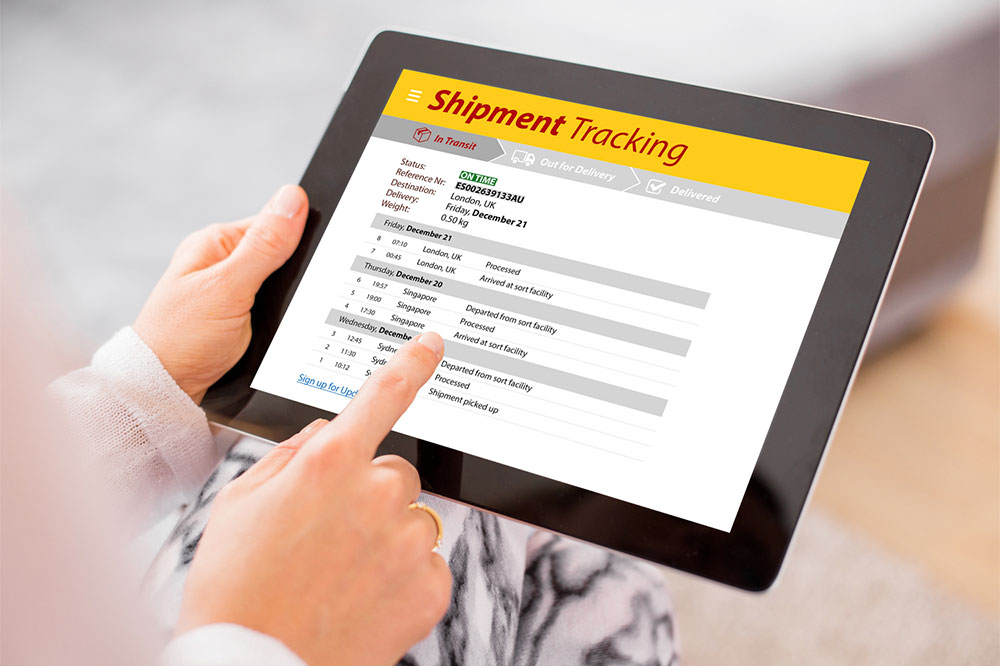Key Considerations Before Choosing a Dispatch Management System
Discover essential insights before investing in dispatch management software. Learn how automation, data integration, and strategic planning can enhance your service operations, improve efficiency, and increase customer satisfaction. Whether you run a small team or a large enterprise, choosing the right dispatch system can transform your business. This guide covers key features, benefits, and challenges to help you make an informed decision and optimize your dispatch workflows effectively.
Sponsored

Essential factors to evaluate before selecting a dispatch management solution
Managing scheduling and task allocation can become complex whether you operate a small team or oversee a large enterprise. Inefficient planning can disrupt service delivery and impact customer satisfaction.
Modern dispatch systems automate scheduling, resource allocation, and tracking, improving efficiency. With the rise of IoT, AI, and big data, adopting a robust dispatch software can give your business a competitive edge.
Leveraging the right dispatch software enhances your services and turns your field staff into brand ambassadors. You can either outsource this function to third-party providers or invest in customizable software that aligns with your specific needs and budget.
What is dispatch?
Dispatch involves assigning personnel, vehicles, or services to meet customer requests.
Typically used in industries like taxi services, emergency response, couriers, and domestic or commercial support.
The process includes receiving requests, confirming payments, pickup, packaging, transportation, delivery, and logistics management.
Additional steps may include handling returns, scheduling installations, or locating the nearest driver to the request location.
Requires strong organizational skills, adaptability, and the ability to manage high-stress situations with shifting priorities.
Is automation possible in dispatch?
Utilizing dispatch software streamlines operations, reducing manual workload and errors.
Managers can adjust parameters dynamically to match evolving work demands.
Features include digital mapping, vehicle tracking, caller ID, geocoding, and data sharing capabilities.
Common challenges in dispatch management
Optimizing delivery routes and schedules.
Ensuring smooth coordination with back-office systems.
Managing large volumes of data from multiple sources efficiently.
Integrating new data seamlessly into existing workflows.
Allocating resources effectively while minimizing delays and costs.
Maintaining customer communication and managing relationships.
Addressing legal responsibilities related to field staff.
Monitoring performance and resource utilization.
Advantages of dispatch software services
Streamlined scheduling with minimal manual adjustments.
Enhanced service quality, quick adaptation to last-minute changes, and problem resolution.
Real-time data usage improves resource deployment and customer experience.
Reduces paperwork and administrative overhead.
Access to historical data supports strategic decision-making.
Compatibility across devices ensures faster data exchange.
Business benefits of dispatch solutions
Automates routine tasks like scheduling, tracking, and reporting.
Boosts customer satisfaction by ensuring prompt service.
Fosters a customer-first mindset within teams.
Allows flexible scheduling and resource management.
Saves time and operational costs by precise staff deployment.
Utilizes customer insights and social media for brand loyalty.
Facilitates effective troubleshooting, planning, and collaboration.
Supports proactive decision-making and strategic growth.
Assists in workforce planning by identifying skill requirements.
Enables data-driven business strategies for continuous improvement.






